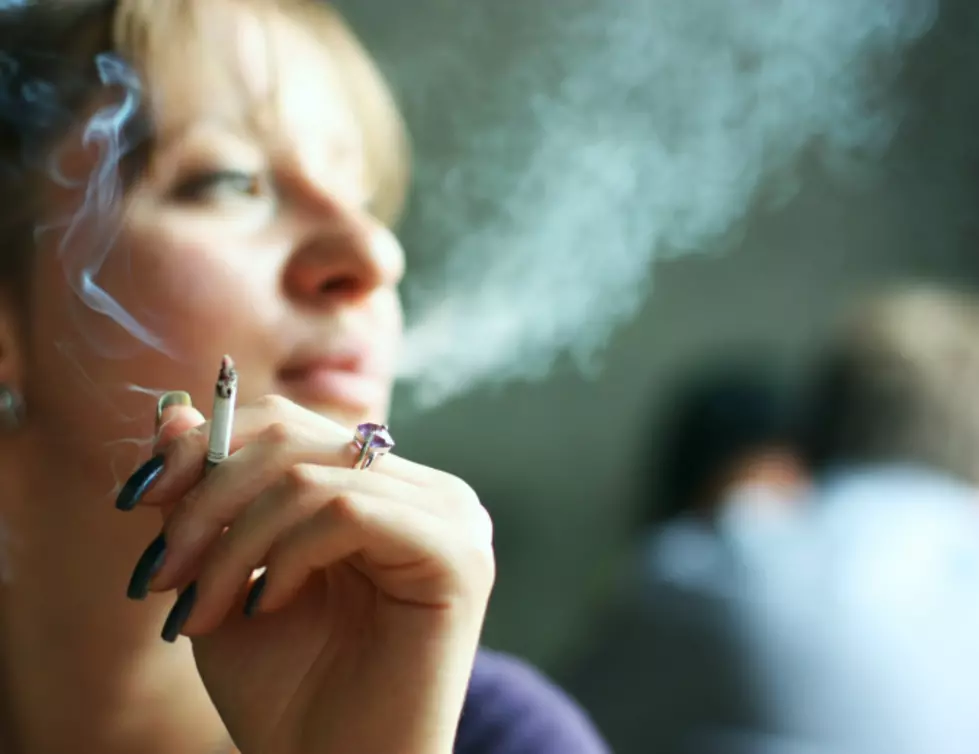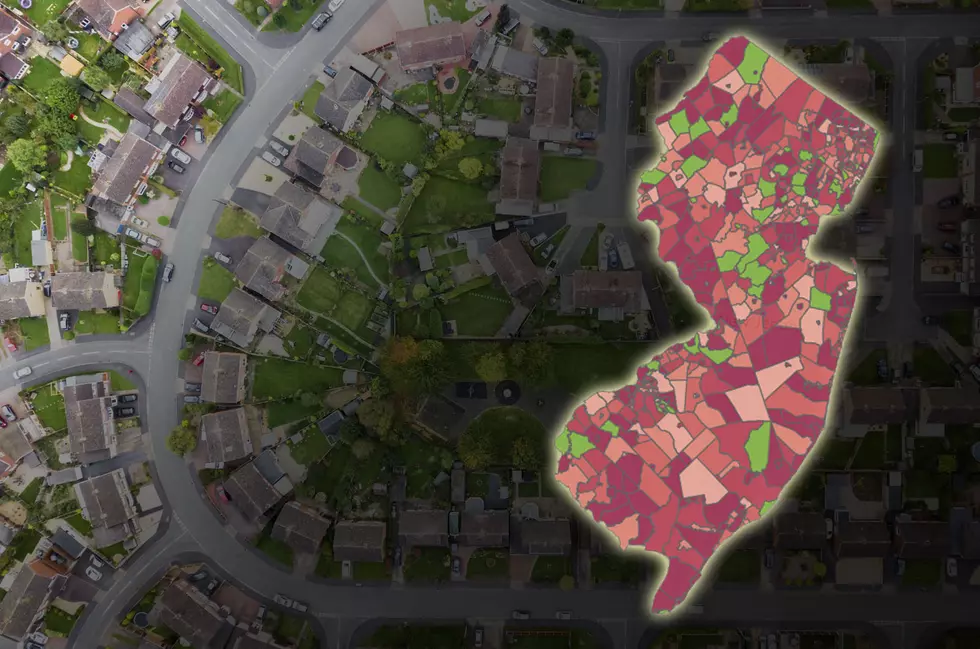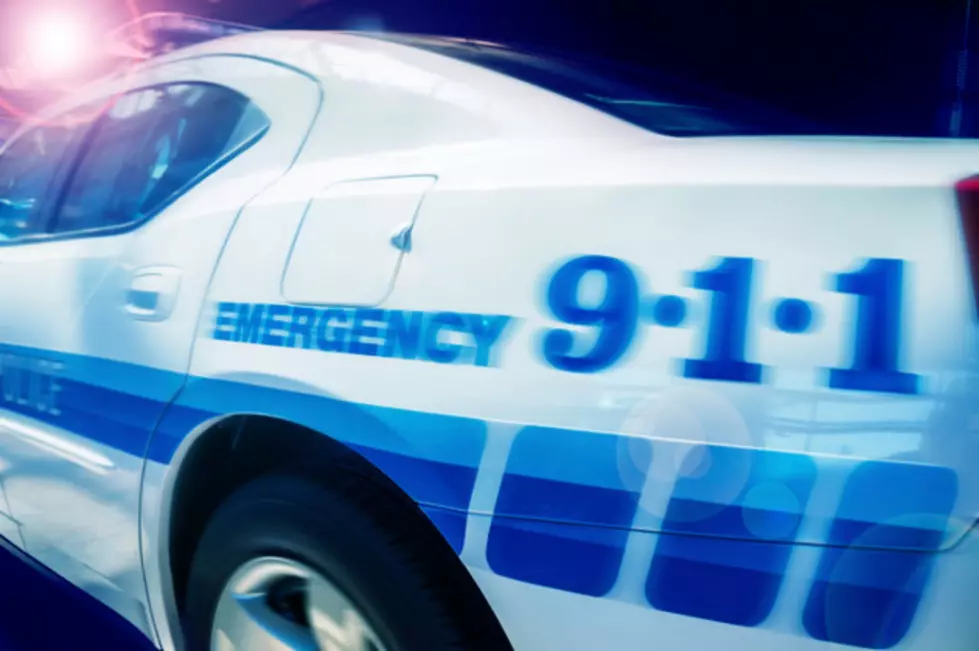
Raising price on cigarettes could backfire on NJ, tax analysts say
A new report finds cigarette smuggling is on the rise, causing states to lose valuable tax dollars as they struggle to reinvigorate economies struggling because of the COVID-19 downturn.
Ulrik Boesen, a senior policy analyst with the Tax Foundation, said “what we see is there is some casual smuggling happening, where your New Jersey residents who are smokers will bring in cheaper cigarettes from out of state.”
He explained tobacco taxes in the Garden State are significantly higher than states like Virginia, so some smokers will simply drive to down to Virginia to purchase a trunk-load of cigarettes and save about $2 per pack.
At the same time, he said organized criminal enterprises are also involved in a much larger volume of cigarette smuggling into expensive states where there will be a thriving black market because it’s a high-profit, low-risk enterprise.
“We see stories all the time of big busts of these things. The punishments are less severe if you smuggle cigarettes than if you smuggle drugs,” he said. "There’s maybe a disconnect there for how we punish people.”
Boesen said there is no estimate for how many smuggled cigarette packs arrive in New Jersey every week.
He noted Jersey lawmakers are considering raising the tobacco tax but this idea could backfire.
“If you raise taxes to a level where people are going to start looking elsewhere to buy them, not only are you hurting your bottom line and the revenue you are looking to raise, you’re also hurting your public health goal of getting people to quit smoking.”
The tax on a pack of cigarettes in New Jersey is $2.70, but in New York City it’s $5.85, making New Jersey the place where New Yorkers go to get cheaper smokes.
The report finds the inbound flow of cigarettes, not appropriately taxed by the state, is estimated to cost New York $1.2 billion annually.
He noted efforts to encourage people to stop smoking in New Jersey are paying off because today about 13% of the population smokes.

LOOK: Here are the best small towns to live in across America
More From Cat Country 107.3










